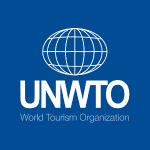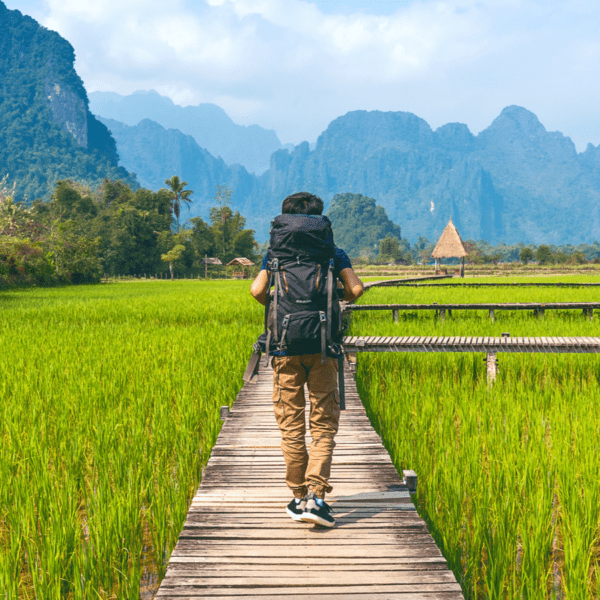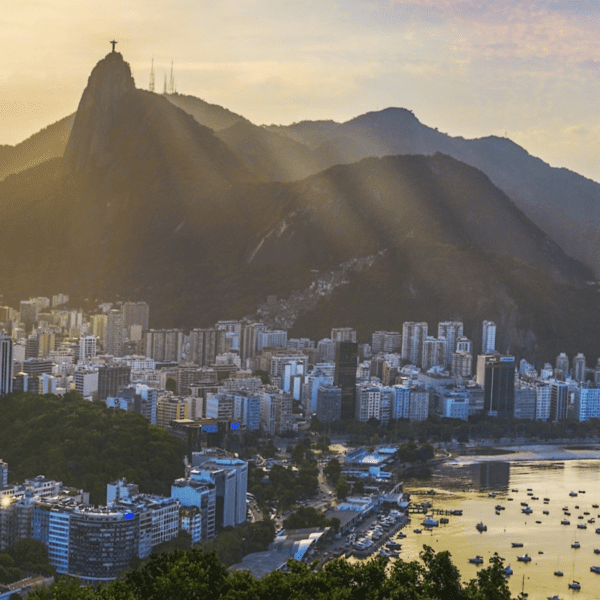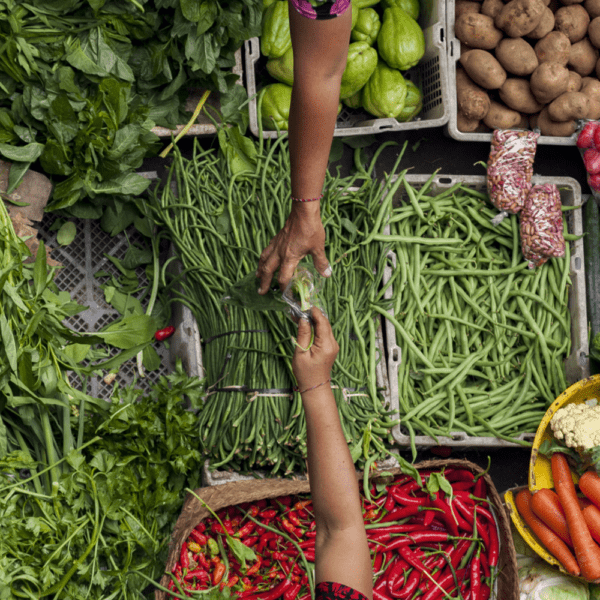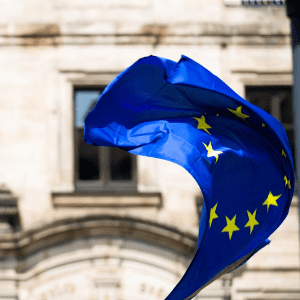UNWTO has welcomed the end of the public health emergency phase for COVID-19 with a summary analysis of the travel restrictions introduced in response to the pandemic.
introduced in response to the pandemic.
The decision by the World Health Organization (WHO) to determine that COVID-19 is now an established and ongoing health issue which no longer constitutes a public health emergency of international concern represents a major milestone in the global effort to combat the virus. In this context, UNWTO has released its analysis of both the introduction and lifting of travel restrictions during all stages of the pandemic´s emergency phase. “The end of COVID-19 travel restrictions: Summary of findings from the COVID-19 related travel restrictions reports”, highlights key findings of the 11 reports published by the United Nations Specialized Agency for tourism on the issue.
Guiding tourism through crisis
Throughout the COVID-19 pandemic, these reports provided the global tourism sector with timely guidance and assessments on travel restrictions, and examined factors influencing those restrictions, such as tourism’s economic importance, the Environmental Performance Index (EPI) and a specific Health and Hygiene Indicator (H&H), as well as grouping destinations according to economic blocs. This allowed for a deeper analysis of the relationship between travel restrictions and sustainability issues.
UNWTO Secretary-General Zurab Pololikashvili says “We welcome WHO’s decision to end the emergency status for COVID- 19. This is an important signal and a moment to stand back and reflect on how we can overcome challenges only in a collaborative manner. We must ensure that we learn the lessons from this phase of the pandemic, including the ones on travel restrictions. This new UNWTO report will help in this endeavor and be another milestone in UNWTO‘s actions that guided the sector through these unprecedented times.”
Varied, dynamic approach to travel restrictions
The findings reveal a diverse response from destinations worldwide on travel restrictions. They show that those with better environmental performance, higher health and hygiene standards, and a greater reliance on tourism tended to lift travel restrictions earlier, which allowed for faster recovery in terms of international tourist arrivals. Conversely, emerging economies and SIDS (Small Island Development States) often imposed full border closures more quickly, maintained them for longer and introduced additional requirements for travellers.
The new report provides an overview on the evolution of travel restrictions, which peaked in May 2020 when 75% of all destinations worldwide had their borders completely closed, bringing international tourism almost to a standstill. With the better understanding on the virus, a more risk-based approach became possible and allowed destinations to replace complete border closure with softer measures, such as testing and vaccination requirements for tourists.
Finally, this new report highlights the current situation with nearly all destinations having lifted COVID-19 related travel restrictions. However, as of 22 March 2023 18 destinations still required vaccination as a condition for entry, which is not consistent with International Health Regulation provisions or current temporary WHO recommendations. UNWTO will continue its close cooperation with WHO monitoring the situation.
Noting the vulnerabilities exposed by the pandemic, UNWTO emphasizes the need for a comprehensive re-evaluation of travel restrictions, recovery strategies and the intricate interplay between the environment, health and tourism sectors.


